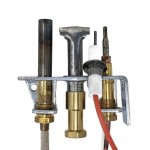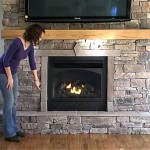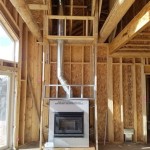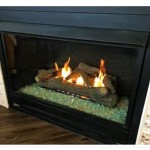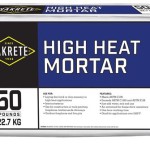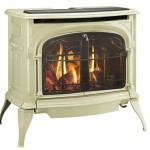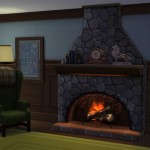Essential Aspects of Wood Burning Fireplaces
Wood burning fireplaces have been a cherished source of warmth and ambiance for centuries. They evoke images of cozy winter nights and create a unique atmosphere in any home. However, it is essential to understand the key aspects of wood burning fireplaces to ensure their safe and efficient operation.
Types of Fireplaces
Wood burning fireplaces come in various types, including:
- Masonry fireplaces: Constructed of bricks or stone, these fireplaces are durable and offer excellent heat retention.
- Factory-built fireplaces: Made of metal and prefabricated, they are lightweight and easier to install than masonry fireplaces.
- Fireplace inserts: These units are installed inside existing fireplaces to improve efficiency and safety.
Fuel Considerations
The type of wood used in a wood burning fireplace significantly impacts its performance and safety. Choose seasoned hardwood logs, such as oak, maple, or ash, that have been dried for at least six months. Wet or green wood burns inefficiently, produces excessive smoke, and can damage the fireplace.
Chimney and Flue
The chimney and flue are crucial components of a wood burning fireplace, responsible for venting smoke and harmful gases safely outdoors. The chimney should be properly sized and lined with a metal flue liner to prevent flue fires and protect the home from heat damage.
Fire Safety
Wood burning fireplaces require careful attention to fire safety measures. Always use a fire screen to protect against flying sparks and never leave a fire unattended. Keep combustibles away from the fireplace and ensure the hearth area is clear.
Maintenance and Cleaning
Regular maintenance is essential for the safe and efficient operation of a wood burning fireplace. Inspect the fireplace, chimney, and flue annually for any damage or blockages. Clean the ash pan regularly and remove creosote, a flammable substance that can accumulate inside the chimney.
Conclusion
Wood burning fireplaces add warmth, ambiance, and a touch of rustic charm to any home. By understanding the essential aspects, including types of fireplaces, fuel considerations, chimney and flue maintenance, fire safety, and maintenance practices, homeowners can ensure their wood burning fireplace becomes a safe and enjoyable gathering place for years to come.

Can You Install A Wood Stove In Fireplace Direct Stoves

Epa Certified Zero Clearance Wood Burning Fireplaces

Wood Burning Stoves In Milton Keynes Inspirations

Wood Burning S Hearthstone Stoves Vermont

Wood Burning Stoves Sussex Fireplace Gallery
3 Things We Love About Wood Fireplaces

F2450 Non Catalytic Wood Stoves Burning By Regency

A Wood Burning Fireplace Provides Several Practical Benefits Kozy Heat Fireplaces

Freestanding Wood Burning Stoves Sierra Hearth And Home

Wood Burning Fireplaces Inserts Full Service Chimney

